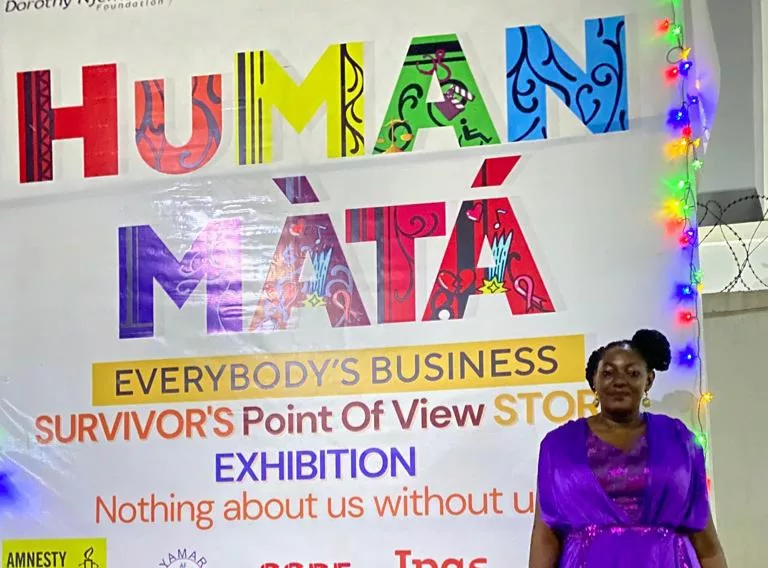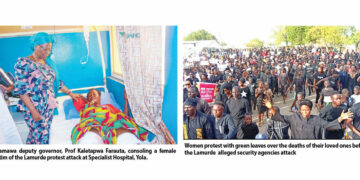A non-governmental organisation (NGO), Dorothy Njemanze Foundation, has called on all tiers of government and the private sector to have budgets for helping sexual and gender-based Violence survivors as it is a critical part of women empowerment.
The group made the appeal when it hosted a 16-day exhibition based on the stories of survivors of Sexual and Gender Based Violence (SGBV) at its Gudu office, Abuja.
Speaking to journalists on the 15th day of the exhibition, founder of the foundation, Ms Dorothy Njemanze, identified poverty as well as the country’s weak criminal justice and welfare systems as the major causes for many survivors suffering in silence.
She said, “NGOs working in the area of Sexual and Gender Based Violence need to be deliberately funded.
“We work with survivors who just left an abusive situation. Where does a survivor get her first house rent from? Where does a survivor get money to start business from? In a real sense, this kind of support doesn’t exist in Nigeria.
“We need to direct CSR towards worthy causes like ours, it will help us in the frontline and the beneficiaries of the work we do,” she said.
Njemaze said most NGOs, including hers, are underfunded, adding that it is important for people who work around sexual and gender-based violence to be deliberately budgeted for.
“The government is not the only one responding to SGBV. Government institutions don’t work round the clock, we work round the clock. Any progress we make is also the progress government has made.”
According to Njemaze, the common thread for most of the survivors for the exhibition is that all of them have been exposed to abuse.
“Another thing would be that because they are female, there is no seriousness in handling their cases. A lot of these survivors are dependent on their abusers for daily survival.
“They need to take permission from their abuser or get transport money to get to the nearest police station, among other things. There is no money to get medical help, some of these people can barely feed. We’ve had situations where the police take permission from family to institute action because the survivors are women. We also have forced settlement from law enforcement agents. In our case as respondents to SGVB, we face a lot of hostility,” she said.




